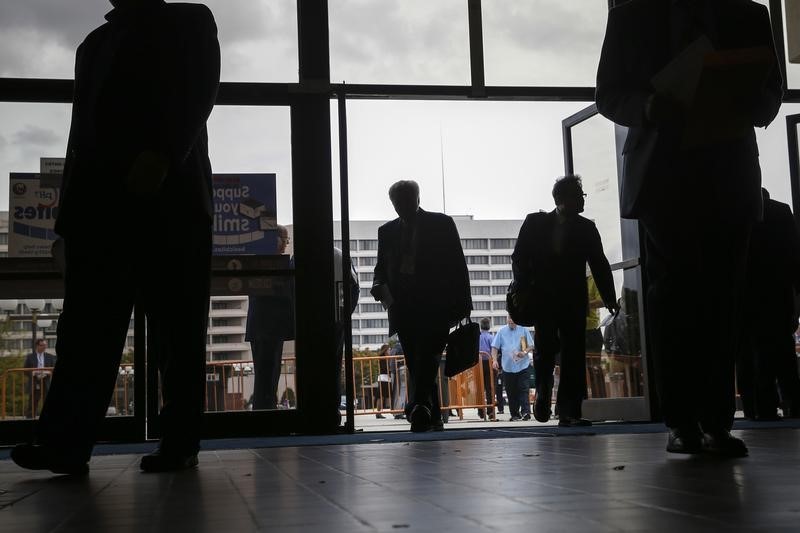Fed Member's Rate Assessment, ECB's Trade War Warning, Japan's Stimulus Moves: What's Happening in the Global Economy?
In recent developments in the global economy, the comments from the President of the Chicago Fed indicate that interest rates may decline next year, while the European Central Bank warns about the economic impacts of global trade fragmentation. In the Bank of England, there are notable disagreements regarding interest rate cuts. Meanwhile, Japan is preparing a large-scale stimulus package, and Spain is introducing a new tax on banks. Economic forecasts from Goldman Sachs and JPMorgan are providing new perspectives to the markets.
Fed member comments on interest rates Chicago Fed President Austan Goolsbee predicts that interest rates will decrease somewhat next year. He pointed out that inflation is easing towards the central bank's target of 2%, emphasizing that the labor markets are showing stability approaching full employment. This situation may necessitate bringing interest rates down to appropriate levels.
Goolsbee stated that policymakers do not need to cut rates immediately, but they could be at a lower level than today's rates within the next year. The positive developments observed in inflation and the labor market will shape the central bank’s future interest rate policies.
ECB warns about trade wars European Central Bank (ECB) Chief Economist Philip Lane stated that fragmentation of world trade would lead to significant losses in economic output, and that any abrupt increase in inflation may take several years to diminish. Lane predicts that trade wars could lead to production losses, particularly affecting China.
Lane's comments are noted as the ECB's strongest warning regarding the consequences of a global trade war. It is indicated that global production could be affected by 2% to 10% in the case of trade fragmentation, which could negatively impact economic balance worldwide.
BOE: Divergent views on interest rate cuts Bank of England (BoE) official Catherine Mann expressed concerns that a 100 basis point cut in interest rates could increase inflation. Mann noted that such an aggressive cut would not be consistent with demand conditions and inflation continuity.
She advocates for keeping interest rates at the current levels for a longer period and making larger cuts once inflation dynamics become clearer. The differing views within the BoE could play a significant role in shaping future monetary policy decisions.
Goldman Sachs' iron ore and Brent forecasts Goldman Sachs has set its iron ore price forecast for 2025 at $95 per ton. The bank indicated that increases in steel production could support iron ore prices, although tariffs might complicate this support.
At the same time, Goldman Sachs sees a rise risk in Brent crude oil prices in the short term. In the medium term, however, a downward trend is expected due to high spare capacity. Potential U.S. tariffs and OPEC's supply increases will be decisive factors for Brent prices.
Japan's economic stimulus package Japanese Prime Minister Shigeru Ishiba announced that the total impact of the prepared stimulus package would reach $250 billion. The package aims to address various economic issues, from wage increases to inflation.
Ishiba stated that private sector spending would be increased to promote economic growth. The stimulus package is expected to enhance the country's economic stability and future growth potential.
Spain's new tax on banks The Spanish parliament has approved a new tax aimed at banks. This measure will impose additional financial burdens on major financial institutions. The tax will focus on interest margins and commissions, increasing financial pressure on banks.
It is planned that the revenue collected will be distributed among autonomous communities according to their economies. This step aims to create a significant source of income in terms of public finances.
JPMorgan's stock market expectations According to JPMorgan, the rise in U.S. stock markets is expected to continue next year. According to strategists' forecasts, corporate profits and the overall strength of the U.S. economy will maintain the positive trend in stock markets.
The investors' interest in major technology companies also supports this trend. However, uncertainties during President Donald Trump’s administration, high valuations, and concentrated portfolio positions remain significant risk factors.


